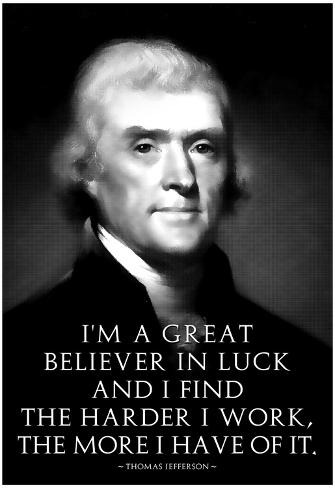
Equiano's writing
reminded me in many ways of Mary Rowlandson's captivity narrative. Not only is the subject matter pretty much the
same, but they also write with the same style. Some of the main characteristics of their writing
style are that their works are both mainly descriptive and they talk about the facts
without relying a lot on emotion. Their own
emotions can be seen throughout their works, but what makes their writing so powerful
is not their own emotions, but the emotions that their vivid imagery and detailed
descriptions evoke in the reader. The almost
dispassionate tone that they use only strengthens the reader's own reaction to the
horrors that they describe.

One example
of this is shown in Equiano's description of the slave ship that he was on, where
he talks about the horrible conditions that the slaves were kept in, saying that
"[t]he stench of the hold while we were on the coast was so intolerably loathsome
that it was dangerous to remain there for any time . . . [t]he closeness of the
place and the heat of the climate, added to the number in the ship, which was so
crowded that each had scarcely room to turn himself, almost suffocated us"
(pg 394). However, instead of focusing on
his own horror at seeing this, he distances himself from the situation and merely
describes it in a way that allows the readers to feel the horror of it for themselves.
 Rowlandson also
uses this same style to narrate her own experiences in captivity. When she talks about the attack of the Indians,
she doesn't even mention her own reaction, but instead describes the attack in great
detail and leaves the emotional response up to her readers. She states everything very calmly, like when she
describes how "[a]nother their was who running along was shot and wounded,
and fell down; he begged of them his life, promising them Money (as they told me)
but they would not hearken to him but knockt him in head, and stript him naked,
and split open his Bowels" (pg 119).
Rowlandson also
uses this same style to narrate her own experiences in captivity. When she talks about the attack of the Indians,
she doesn't even mention her own reaction, but instead describes the attack in great
detail and leaves the emotional response up to her readers. She states everything very calmly, like when she
describes how "[a]nother their was who running along was shot and wounded,
and fell down; he begged of them his life, promising them Money (as they told me)
but they would not hearken to him but knockt him in head, and stript him naked,
and split open his Bowels" (pg 119).
Instead of
detracting from their works, the straightforward and dispassionate way in which
Rowlandson and Equiano relate their experiences actually increases the emotional
impact of their stories, and that is because the details and imagery that they
used in their narratives were specifically meant to create an emotional response
in their reader.
Perkins, George, and Barbara Perkins. The American Tradition in Literature.
12th ed. Vol. 1. Boston. McGraw-Hill, 2009. Print.


